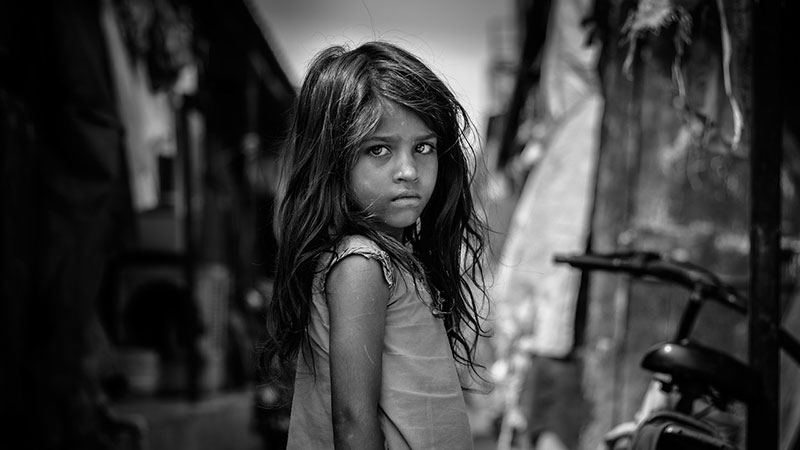Dr Rozana Himaz’s expertise in development economics is improving young people’s education and health in some of the world’s poorest countries. Using large surveys and statistics, she provides the evidence needed for investment and action from key global organisations.
Rozana’s long-term research into the value of education underpinned the World Bank’s decision to invest $100 million in boosting children’s education in Sri Lanka, and her research into the impact of poor nutrition on young people’s growth has led to fresh thinking which is influencing how UNICEF and other agencies tackle the problem.
“An important contribution to the development of further World Bank investment in education.”
World Bank Sri Lanka Team Leader for Education

